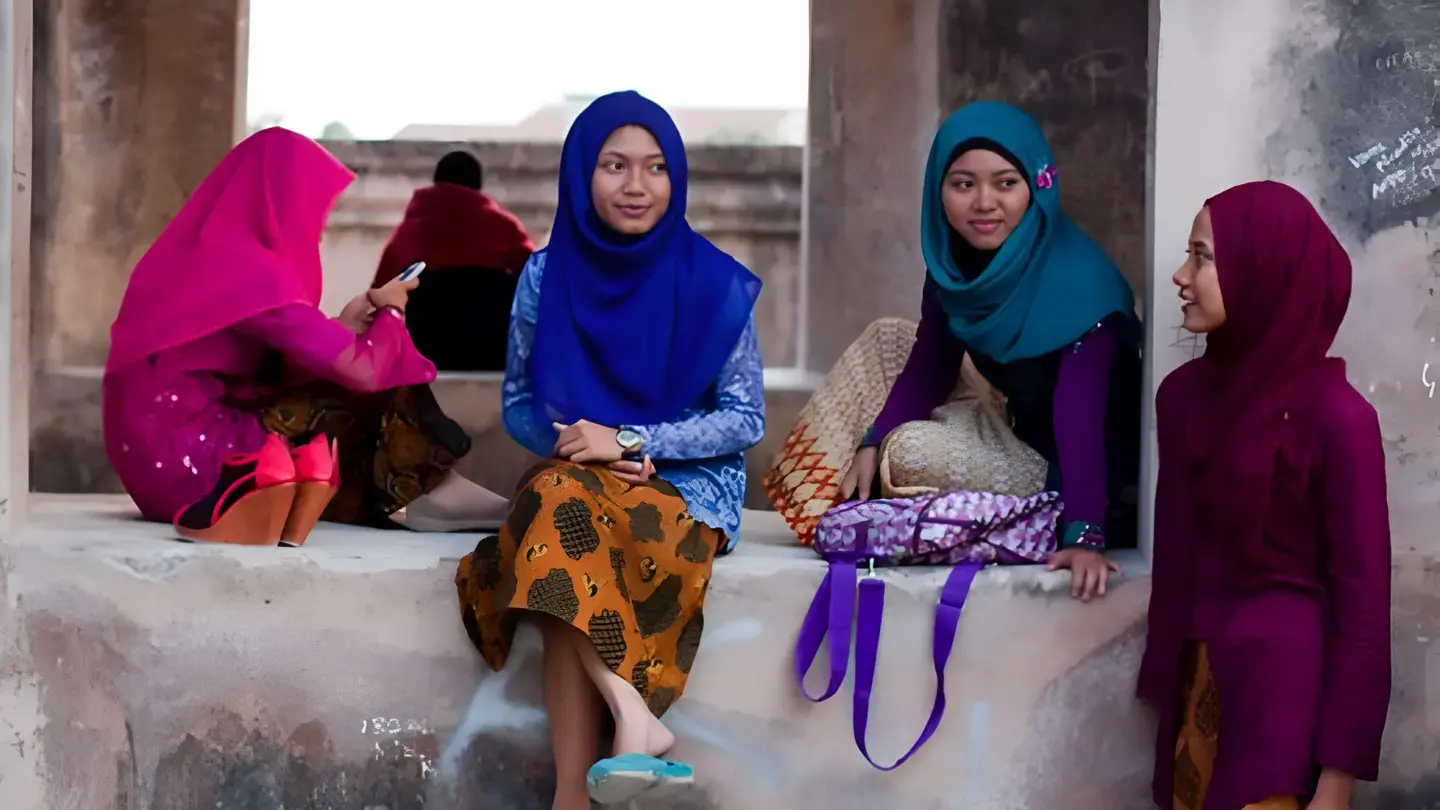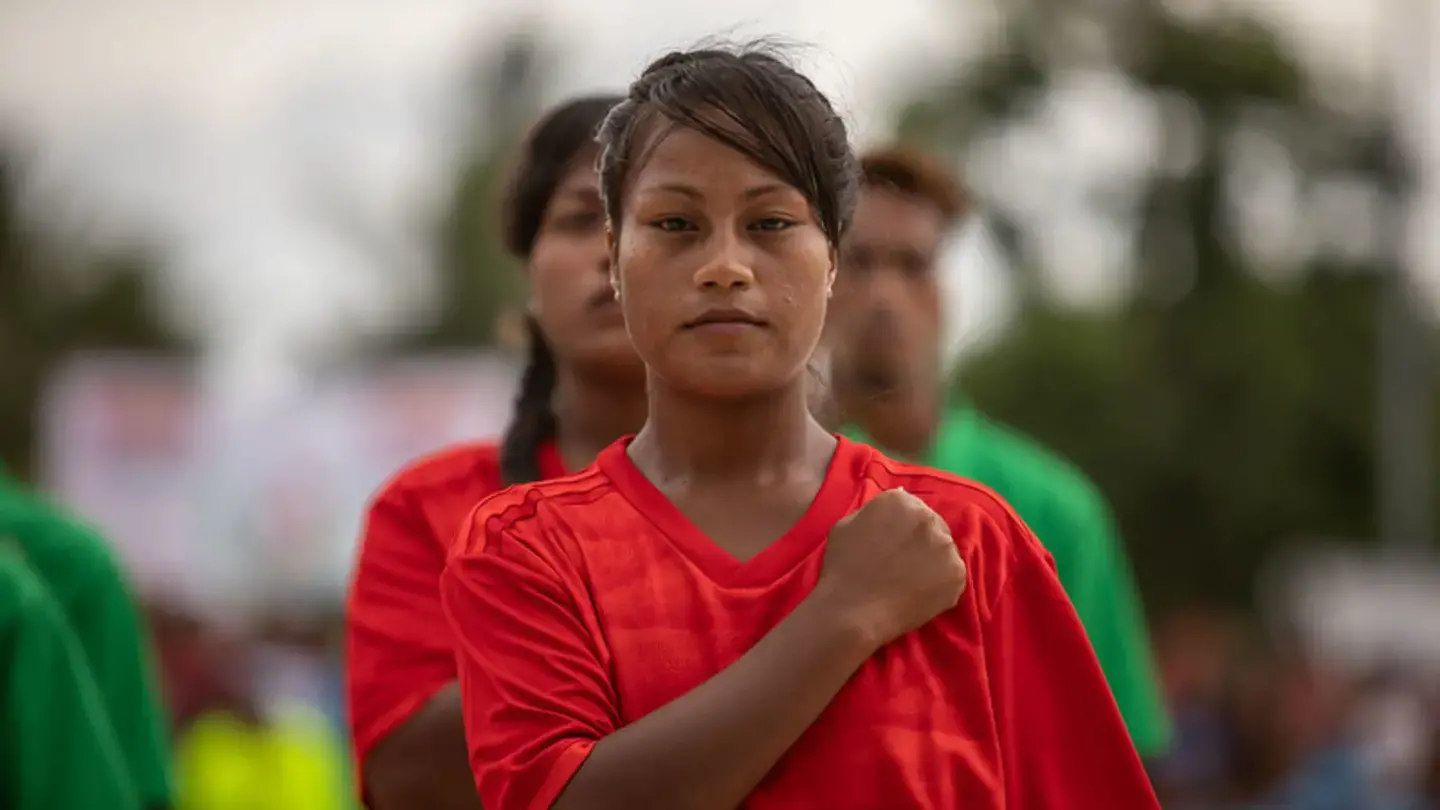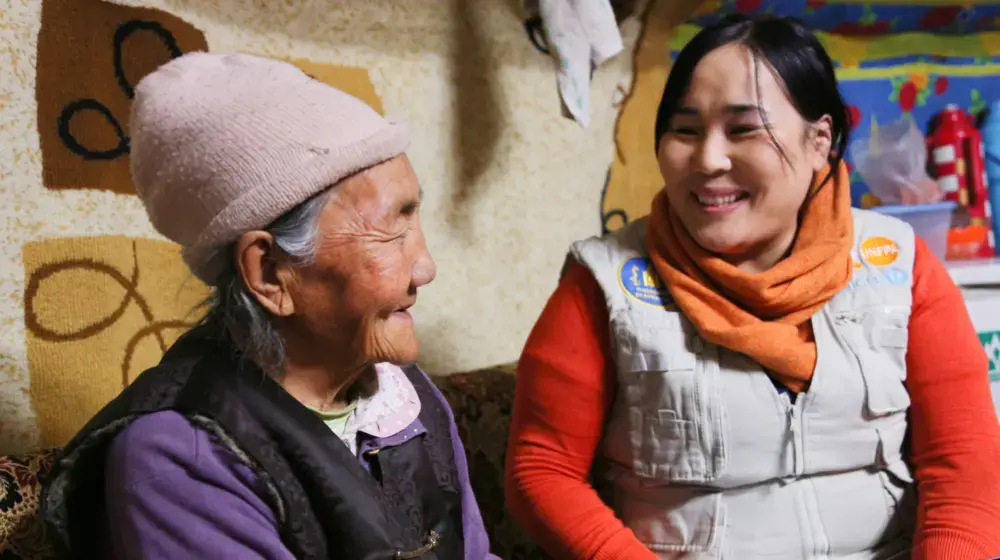MANILA, Philippines -- Two weeks after Typhoon Haiyan caused unprecedented devastation in the Philippines, over 3.2 million women and girls of reproductive age are still in need of urgent care and protection. As most health infrastructures have been destroyed and security remains a concern, UNFPA, the United Nations Population Fund, has taken the lead in developing a $110 million master plan for national authorities and humanitarian partners to ensure that no woman dies giving birth and that each woman and girl is protected from violence at home and in her community. As part of this plan, UNFPA launched an appeal for $30 million to fulfill its commitments in the next six months.
UNFPA estimates that there are currently 230,000 pregnant women in affected areas, while 835 women are giving birth every day with very limited access to emergency obstetric care. Funds are urgently needed so that UNFPA and its partners can provide life-saving maternal health services through 80 temporary maternity wards, 3 mobile emergency obstetric theatres and 34 ambulances, including motorcycles. Women of reproductive age will have access to basic hygiene items, such as sanitary pads, underwear and soap, through the distribution of 105,000 dignity kits in evacuation centres. An additional 110,000 kits will be distributed to pregnant and lactating women. UNFPA will also ensure that 4,000 women every week have access to reproductive health care services by providing equipment and repairing infrastructures in all 8 affected provinces.
Based on national data, approximately 397,000 women and girls would have experienced sexual violence in the affected areas prior to the disaster. With displacement, this number could increase by 65,000 without adequate services to prevent and manage violence against women. “In the rush to provide assistance, women and girls were invisible,” said Ugochi Daniels, Chief of UNFPA’s Humanitarian Response. “We now must ensure that their needs are met so that every woman and every girl affected by Typhoon Haiyan is protected and lives with dignity.”
From Ormoc to Cebu City, trafficking was taking place prior to the humanitarian crisis—women are now increasingly at risk because of the desperation for aid and alternative livelihoods. UNFPA will, therefore, support the deployment of female police officer teams in 196 municipalities and the reconstruction of safe havens in 4 regions. UNFPA will also create women spaces in evacuation centres while strengthening interagency protection mechanisms in 700 villages and barangays.
“When emergencies strike, women overcome immense obstacles to provide care and safety for others even as their own vulnerabilities increase,” said Dr. Babatunde Osotimehin, UNFPA’s Executive Director. “Targeted support to women is one of the best ways to ensure the health, security and well-being of families and entire communities.”
For more information, please contact:
In Manila:
Arlene Alano; Tel.: +63 920 928 6471 ; alano@unfpa.org
Alexandra Sicotte-Levesque; Tel.: +1 646 309 6836; sicotte-levesque@unfpa.org
In New York:
Omar Gharzeddine; Tel.: +1 212 297 5028; gharzeddine@unfpa.org




